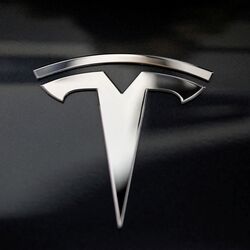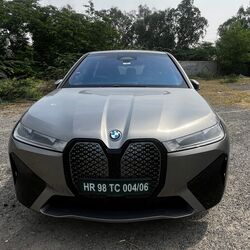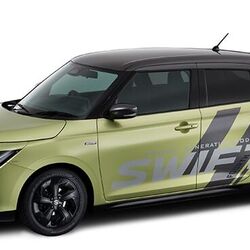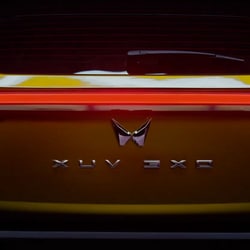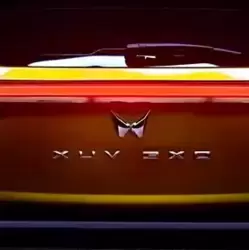UK expects sales of 1.5 million hydrogen-powered vehicles by 2030
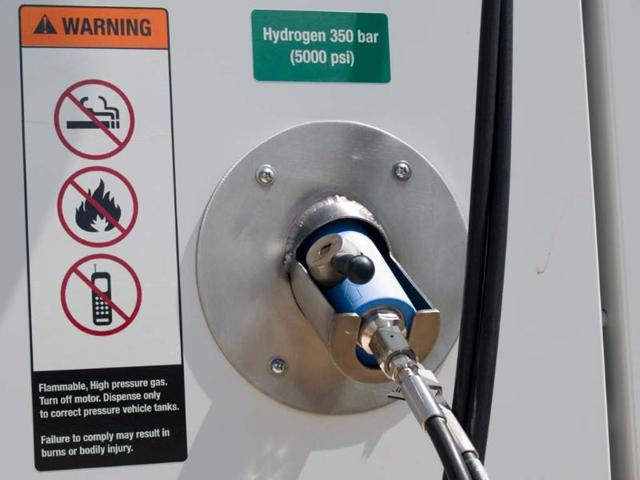

The UK government's latest study into the benefits and feasibility of hydrogen fuel cell vehicles (FCEV) puts the number of such vehicles on the road at a mere 1.5 million by 2030 and is intended to serve as a roadmap for the introduction of both hydrogen vehicles and the necessary infrastructure over the next two decades and beyond.
The study, published Monday by the UKH2Mobility project and designed to ensure that the UK is well-positioned to meet the demand for the technology as it rolls out, makes for very cautious reading and arrives less than a week after three of the world's automotive giants announced a partnership focused squarely at bringing hydrogen cars to the masses before the end of the decade and encouraging governments to invest in the necessary infrastructure.
Trending Bikes
The partnership, between Ford, Nissan and Mercedes-Benz parent company Daimler is committed to bringing an affordable hydrogen fuel cell vehicle to market as early as 2018 and hopes that the publicity surrounding the announcement will spur on automotive competitors and policymakers alike to make a similar investment in the technology for the future of the environment.
The report estimates that 10 percent of new car customers will consider a hydrogen fuel cell vehicle when the technology first becomes commercially available. Such a low level of interest is surprising, considering the latest research by Ford Europe on the same topic that revealed that despite 71 percent of respondents claiming they have reduced their spending due to the current economic and financial situation, 35 percent said that they would be prepared to pay more for an environmentally friendly car and that 57 percent want to lead a more environmentally conscious lifestyle.
That survey, conducted on Ford Europe's behalf by The Futures Company, and published in January, shows that over half of those that took part (53%) rate climate change as the world's biggest issue and that 68 percent claim to tailor their driving to fuel efficiency. When it came to choosing a new vehicle, 60 percent said that they prefer models from manufacturers that have targeted a reduction in their environmental impact and 71 percent rate fuel-efficiency as a major factor in the decision-making process.
However the UKH2Mobility project survey stresses that it will take time for understanding of the technology to grow and for consumers to build trust in hydrogen as an alternative to other sources of alternative energy.
One of the major sticking points in this regard would be a lack of hydrogen refilling stations. The roadmap points to an infrastructure of 1150 filling points being required by 2030 including an initial 65 on major truck roads to meet demand from early adopters.








 155.0 cc
155.0 cc 56.87 kmpl
56.87 kmpl




